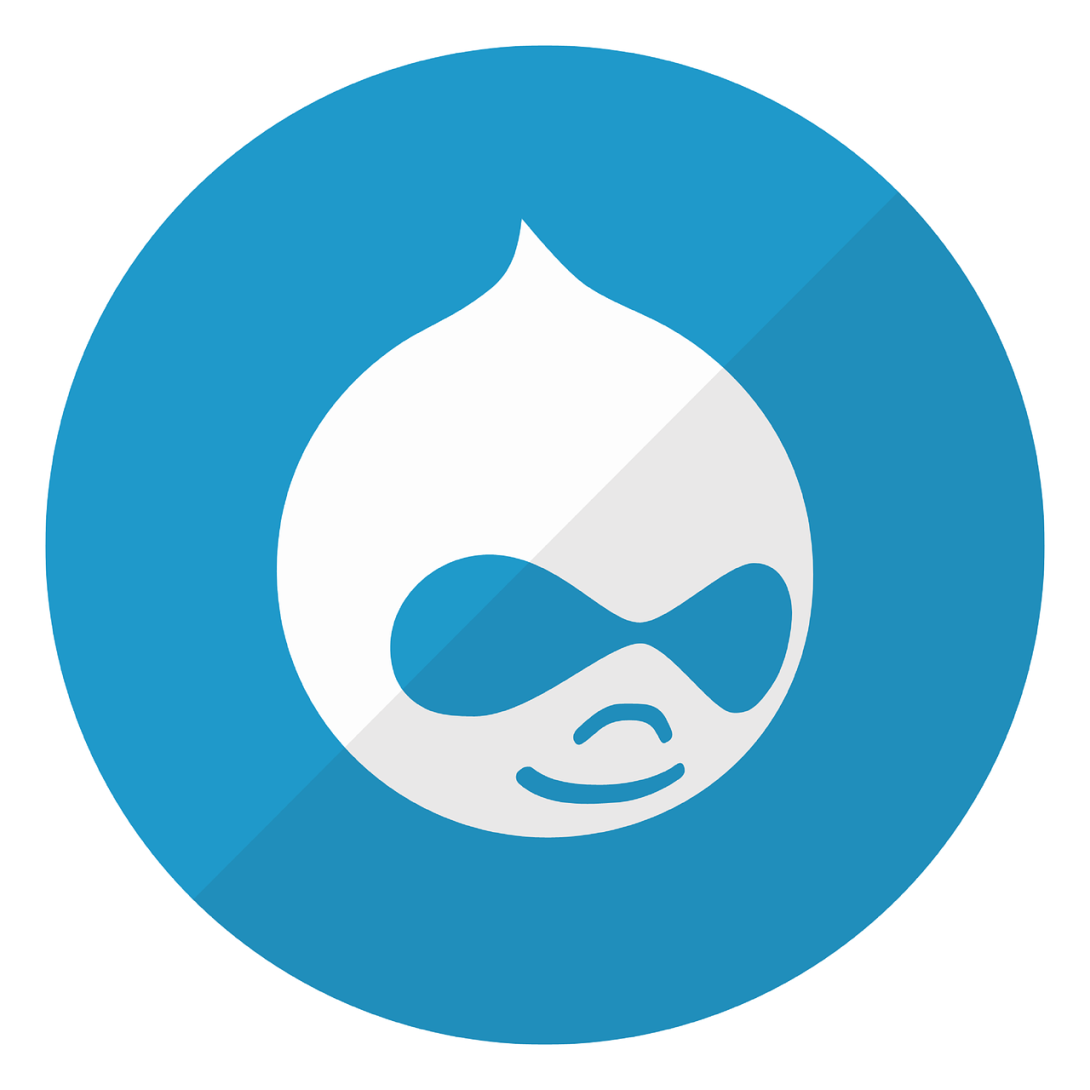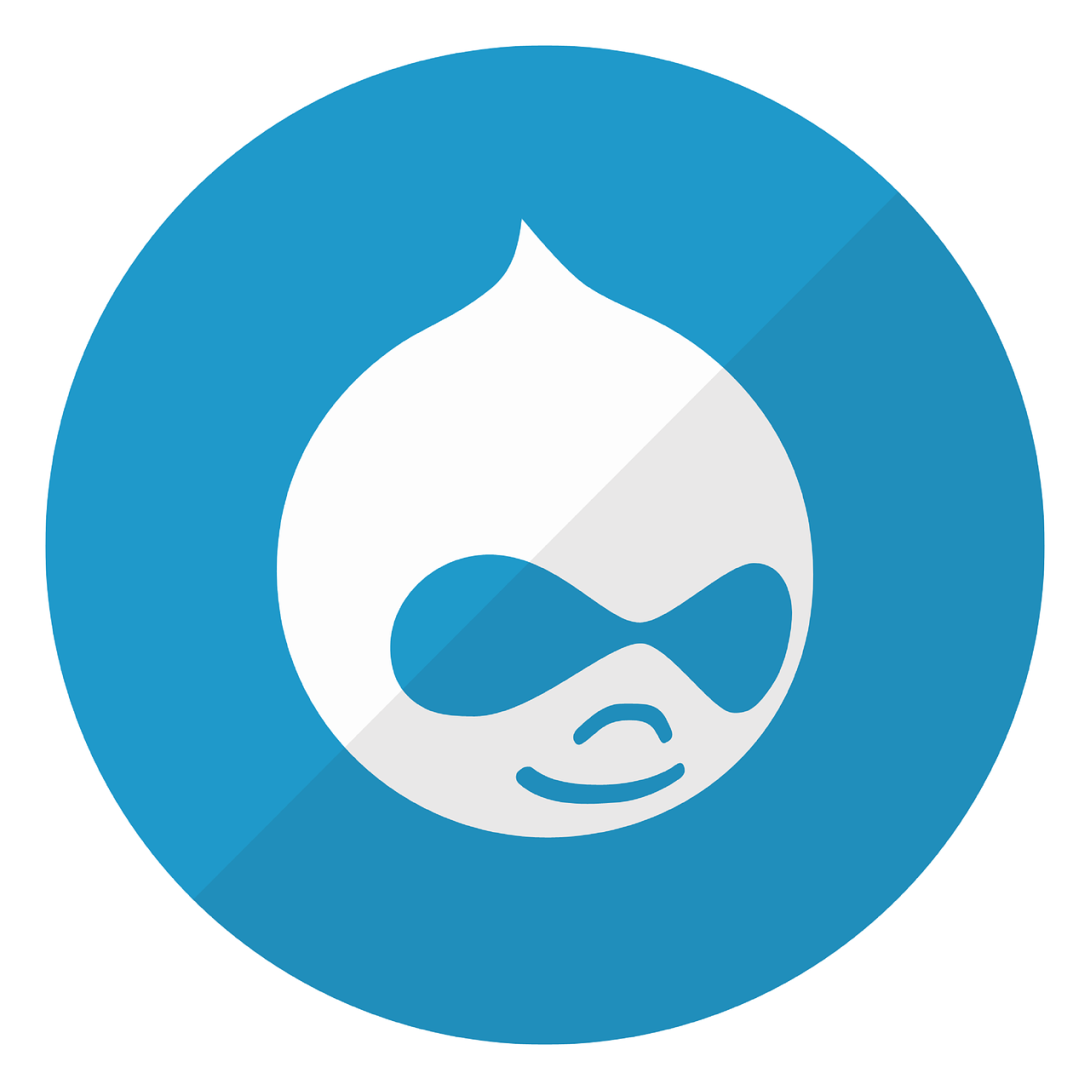Introduction
In the ever-evolving landscape of web development, content management systems (CMS) play a crucial role in how organizations manage and deliver their digital content. One such system, Drupal, has recently launched its latest major version, Drupal 11, marking a significant milestone in its development timeline. This case study explores the implications of this release, the enhancements it brings, and the strategic considerations for organizations looking to upgrade or adopt this powerful platform.
Unlike previous major releases, which were often necessitated by the end-of-life of underlying technologies such as Symfony, the release of Drupal 11 is a proactive step aimed at solidifying new features and removing deprecated code. This strategic move not only enhances the functionality and performance of the platform but also sets the stage for future innovations. As organizations increasingly rely on robust and flexible CMS solutions, understanding the advancements in Drupal 11 becomes essential for informed decision-making.
The initial release of Drupal 11 retains the core functionality of its predecessor, Drupal 10.3, which many sites upgraded to in the spring. However, Drupal 11 introduces several key differences that warrant attention. Notably, deprecated code and modules have been removed entirely, streamlining the platform and reducing technical debt. Additionally, the minimum PHP version required for Drupal 11 is now 8.3, which promises enhanced performance and an improved developer experience. This case study will delve into these changes and their implications for web development practices.
As Drupal continues its journey toward becoming a more efficient and valuable framework, it also focuses on optimizing its core by removing overly specialized or underutilized modules. This includes the removal of several modules such as Actions UI, Book, Tracker, Forum, Statistics, and Tour, which have been transitioned to the Drupal contributed space. This transition ensures that while these modules are no longer part of the core, they remain accessible and can continue to evolve with the support of new maintainers. Understanding this shift is vital for organizations that rely on these modules for their Drupal sites.
In this case study, we will also highlight the new features introduced in Drupal 11, which enhance its usability and functionality. From the stabilization of the Workspace module to the introduction of Single-Directory Components and the experimental Recipes API, these advancements offer exciting opportunities for developers and content creators alike. By examining these features, organizations can better assess how Drupal 11 aligns with their digital strategies and operational needs.
Finally, we will discuss the process of upgrading to Drupal 11 and the timeline for organizations to consider. With the continued support for Drupal 10 until the anticipated release of Drupal 12 in June 2026, organizations have ample time to prepare for the transition. However, as the digital landscape evolves, staying current with the latest technologies is essential for maintaining a competitive edge. This case study aims to provide a comprehensive overview of Drupal 11, equipping organizations with the knowledge they need to make informed decisions about their web development strategies.
Unlock Your Potential with Drupal – Let's Build Something Amazing Together! Schedule Your Free Consultation
The Release of Drupal 11: A New Era
Drupal 11 has officially launched, marking a significant milestone in the platform's evolution. Unlike previous major versions that were necessitated by the end of life of underlying technologies, such as Symfony, the release of Drupal 11 is driven by the need to enhance functionality and performance while eliminating deprecated code. This strategic approach ensures that the development community can continue to innovate and improve the platform without the constraints of outdated components.
The initial version of Drupal 11 mirrors the functionality of Drupal 10.3, which many sites upgraded to in the spring. However, there are notable differences that set Drupal 11 apart:
- Deprecated code and modules have been completely removed rather than simply identified, streamlining the codebase.
- Dependencies have been updated, with the minimum PHP version for Drupal 11 set at 8.3. This upgrade promises enhanced performance and a better experience for developers. Additionally, jQuery, Symfony, and PHPUnit have also been modernized to facilitate improved coding practices and testing.
As part of its ongoing efforts to enhance performance and usability, Drupal has also removed several overly specialized or underutilized modules from its core. Modules such as Actions UI, Book, Tracker, Forum, Statistics, and Tour have been relocated to the Drupal contributed space. This means that while they are no longer part of the core, they remain accessible, and transitioning to the new versions can be accomplished with a simple command. The involvement of new contrib maintainers ensures that these modules will continue to receive updates and improvements.
For instance, the Tour module, which I presented at DrupalCon Europe 2021, has already undergone several enhancements and bug fixes. The latest 2.x release has successfully integrated my Tour Enhancements module with the Tour UI module, showcasing the ongoing commitment to refining the user experience.
Exciting New Features in Drupal 11
Drupal 11 introduces a host of new features and improvements that enhance its functionality:
- Workspace Module: The core Workspace module has transitioned from experimental to stable. This allows users to create multiple workspaces for development, testing, and staging. Each workspace can be configured independently, enabling developers to test changes without impacting the live environment. This feature empowers content editors with a multidev-like experience.
- Single-Directory Components (SDCs): Drupal now supports SDCs, which streamline front-end development by consolidating all component files into a single directory. This approach boosts developer productivity and facilitates easier sharing of components.
- Navigation Module: A revamped Navigation module has been introduced, modernizing the admin toolbar with a collapsible left-aligned sidebar. This new layout organizes the administration menu and allows for customization through the inclusion of additional blocks or menus.
- Recipes API: One of the most transformative additions is the experimental Recipes API, for which I serve as a core subsystem maintainer. Recipes enable the straightforward sharing of module configuration changes and additions, allowing for the implementation of new functionalities without the need for rebuilding from scratch. For example, a recipe could introduce an Event system, complete with all necessary components such as content types, taxonomies, and meta tags. Recipes are integral to the Drupal Starshot initiative, which aims to create a preconfigured version of Drupal CMS. For a deeper dive into Recipes and their role in the Starshot initiative, check out our on-demand webinar.
- Access Policy API: The new Access Policy API empowers developers to create customized access verification and granting systems that extend beyond Drupal's existing roles and permissions framework. This flexibility allows for innovative solutions, such as restricting user actions based on specific conditions or timeframes.
These features represent just a glimpse of what Drupal 11 has to offer. For more detailed information, visit Drupal.org’s Drupal 11 page.
Upgrading to Drupal 11
For those embarking on new projects, there are minimal barriers to starting with Drupal 11. While some contrib modules may require minor adjustments to their core version requirements, ongoing updates are rapidly addressing these issues.
Begin by updating to the latest version of Drupal 10.3. All sites planning to upgrade from 10 to 11 must first ensure they are running the latest version.
- Upgrade to PHP 8.3: Confirm that your hosting environment, local development setup, and any custom code are compatible with PHP 8.3, which is essential for Drupal 11.
- Utilize Upgrade Status and Drupal Rector: These tools will help identify and rectify any outdated modules or deprecated code.
At Kanopi, we prioritize proactive maintenance by running Rector on every pull request, enabling us to catch and address deprecations early. Most of the deprecations pertinent to Drupal 11 were documented in Drupal 10.2. If you're interested in learning more about our continuous website improvement services, please reach out.
Time to Upgrade!
Drupal 10 will continue to receive support until the anticipated release of Drupal 12 in June 2026. This timeline provides ample opportunity for sites with custom code or contributed modules to prepare for the upgrade to PHP 8.3.
However, if your site is capable of running on Drupal 10.3 and PHP 8.3, integrating the upgrade to Drupal 11 should be a priority in your short-term development strategy. This will ensure that you remain current and can take full advantage of the enhanced performance and new tools available.
As always, if you require assistance, we’re here to help.
Unlock Your Potential with Drupal – Join the Global Community Today!
Get Started with Drupal
Conclusion
The release of Drupal 11 marks a significant milestone in the evolution of the Drupal framework. Unlike prior major versions that were necessitated by the end of life for underlying technologies, Drupal 11 has emerged at a time deemed optimal for enhancing features and eliminating deprecated code. This proactive approach not only streamlines development but also ensures that the framework is equipped to meet modern demands for functionality and performance.
While the initial release of Drupal 11 retains the core functionality of Drupal 10.3, it introduces key differences that set it apart. The removal of deprecated code and modules, along with upgraded dependencies, positions Drupal 11 as a more robust platform. The minimum PHP version requirement of 8.3 enhances performance and improves the developer experience, while updates to jQuery, Symfony, and PHPUnit facilitate modernized coding and testing practices. Additionally, the continuous removal of overly specialized or underutilized modules from the core signifies a commitment to maintaining a lean and efficient framework, with these modules now available in the contrib space for ongoing development.
Drupal 11 also brings forth several exciting new features that enhance both developer and user experiences. The stabilization of the Workspace module allows for more flexible content management, while the introduction of Single-Directory Components simplifies front-end development workflows. The revamped Navigation module modernizes the admin toolbar, making it more customizable and user-friendly. Perhaps most notably, the experimental Recipes API offers a powerful way to share module configurations, significantly reducing the need for repetitive setups. This feature, along with the new Access Policy API, empowers developers to create tailored user experiences and access controls that were previously unattainable.
For those considering an upgrade, the transition to Drupal 11 is manageable, especially for sites already operating on Drupal 10.3. The requirement to first update to the latest version of Drupal 10.3, followed by ensuring compatibility with PHP 8.3, sets a clear path for users. Tools like Upgrade Status and Drupal Rector further assist in identifying and resolving any necessary updates. With Drupal 10's support extending until the release of Drupal 12 in June 2026, there is ample time for site owners to prepare for the upgrade, particularly if custom code or contributed modules require attention.
In conclusion, upgrading to Drupal 11 should be an integral part of any short-term development strategy. By doing so, users can leverage the enhanced performance, new features, and improved tools that Drupal 11 offers. As always, support is available for those needing assistance during this transition, ensuring that the journey to Drupal 11 is as smooth as possible.
Consult with an expert for free.



